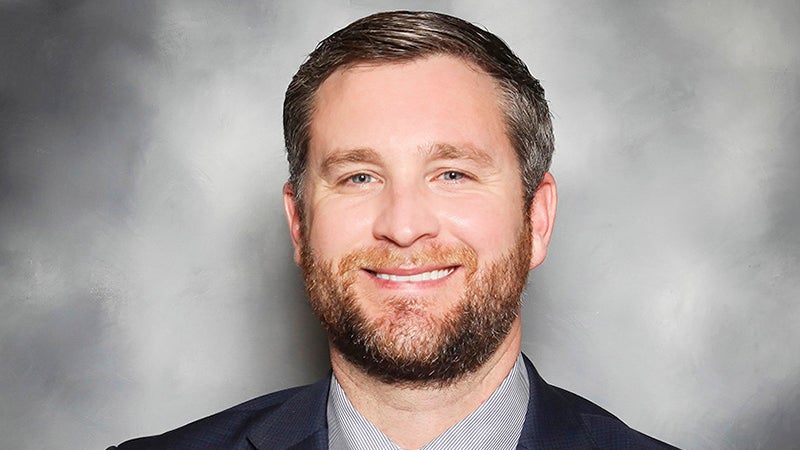Count every head, or count every loss
Published 12:25 pm Wednesday, March 21, 2018
The Greater Port Arthur Chamber of Commerce is rightly concerned with the 2020 U.S. Census headcount, which may weigh heavily on public and private advantages for this community.
Bill McCoy, president and CEO, said last week the Chamber will push hard to make sure the importance of the count, made every decade, is known to public-spirited people in Port Arthur who might help effect a complete population picture.
The chamber is promoting preparedness among demographic groups that are oftentimes undercounted, among employers and chamber members. In Port Arthur, it’s our Hispanic and Latino populations — about one-third of the population — who may be undercounted — perhaps dramatically.
Specifically, McCoy said, Hispanics were likely undercounted in the 2010 Census because of prevailing fear their residency in the U.S. would be imperiled if they were identified. That fear was unfounded: By law, the Census Bureau cannot release individual information about people for 72 years after the count. That means that, by law, information about specific people counted in 2010 won’t be revealed until 2082.
Here’s how impactful Hispanic people are on Texas’ population count: Almost 40 percent of Texans are Hispanic — 10 million people.
News reports suggest that 70 percent of the nation’s undercount, which is the difference between who is counted and who is actually here, comes from five states: California, Texas, Florida, Arizona and New York. Experts suggest more than 400,000 Latino children were undercounted in the 2010 Census.
Here’s one reason why Hispanic and Latino people may oftentimes be undercounted, in addition to the fear factor: More than other people, they tend to live in hard-to-count environments. That means multi-unit homes, rented homes, multi-generational homes. Many live in mobile family environments, too, as their parents pursue seasonal work.
Another reason for undercounting Hispanic and Latino children, researchers suggest, is that Hispanic and Latino parents don’t see the need to count children at young ages.
But the upside to accurate counts is clear. The federal government channels some $400 billion a year into programs, NBC News says, which include Head Start, Special Supplemental Nutrition Program for Women, Infants and Children and school district funding.
Port Arthur’s challenge for a full count includes Hurricane and Tropical Storm Harvey, which sent portions of the local population scattering to where housing was available, in some cases out of this community. McCoy said that may diminish Port Arthur’s headcount below 50,000, which would have a dramatic effect on federal funding.
To help, the chamber is including influential people like the Hispanic Business Council to encourage full reporting in 2020. Every head counts.
We can fully account for our numbers come April 1, 2020, or lament the lost dollars that may follow. Let’s do the former.




